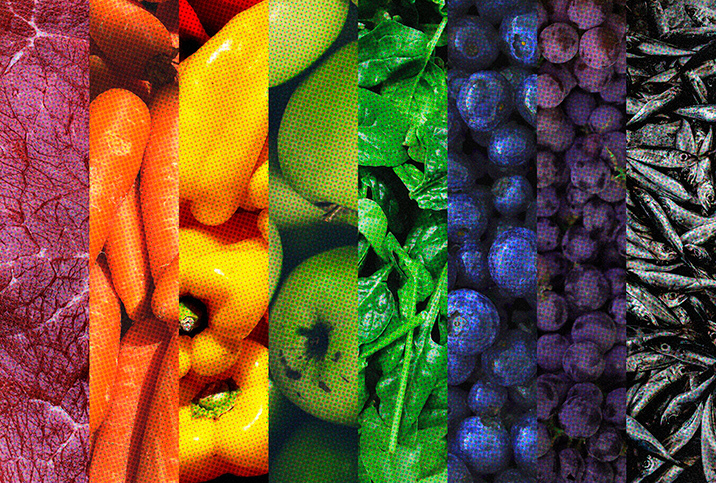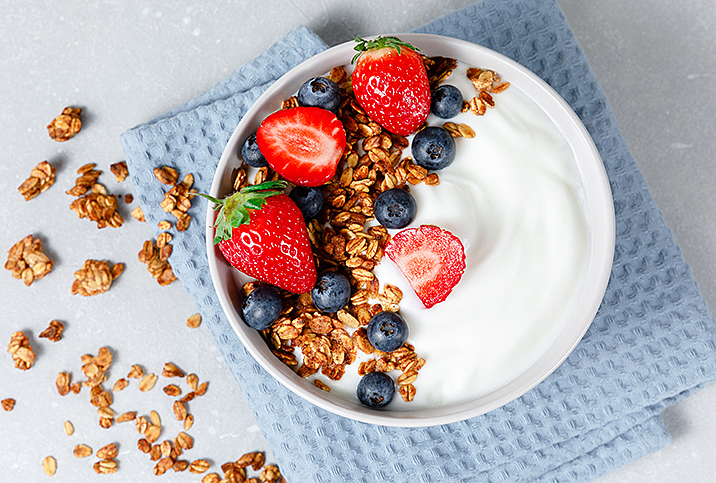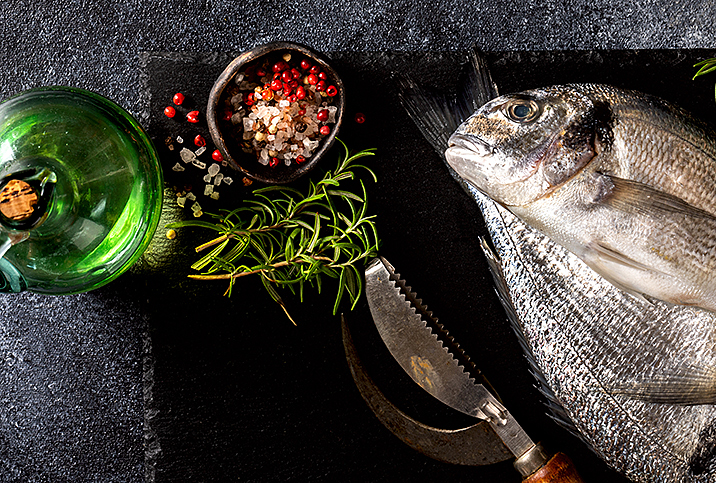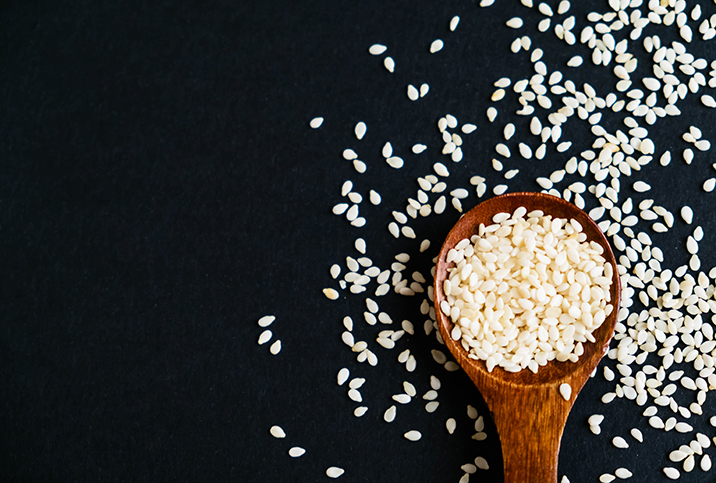The 29 Best Foods for Testicular Health

With so much wellness information at our fingertips these days, it's stunning how often we overlook the simplest solution to better health: eating right. And when it comes to testicular health for men, there are a wide array of specific dietary choices that are proven to support testicle health.
Antioxidant-rich fruits & veggies
Testicular cancer can affect men of any age and is the most commonly diagnosed type of cancer in young men, especially those ages 30 to 39. Much cancer research today points to oxidative stress and inflammation being contributing factors. Given that the testicles naturally have less oxygenated blood flow, they're prime candidates for oxidative stress.
You can help reduce your chances of developing testicular cancer by eating foods high in antioxidants, such as berries. Blueberries, blackberries and strawberries have long been hailed for their high vitamin content and antioxidant properties.
Studies specific to a range of cancer types, including colon cancer and breast cancer, point to a direct link to eating berries and lower cancer risk, and the same goes for testicular cancer. Other antioxidant-rich foods include carrots, red and yellow bell peppers, sweet potatoes, tomatoes, organic grapes, pomegranates and cherries.
Artichokes
These funky-looking edibles pack an antioxidant wallop, especially for their size. Artichokes contain chlorogenic acid, which has been shown to reduce the risk for certain types of cancer, type 2 diabetes and heart disease.
Note that not all artichoke dishes carry the same antioxidant clout. It's all about how you cook them. Boiling artichokes raises their antioxidant content by eight times whereas steaming them raises the antioxidant level by 15 times. Unfortunately, frying artichokes may reduce their antioxidant profile.
Garlic & onions
Yet another reason to enjoy these wonderfully pungent flavors, bad breath and all, is that garlic and onions have been shown to reduce testicular oxidative stress in mice, reducing cancer risk in the process.
Selenium
Selenium-rich foods such as salmon, shrimp and sardines can help prevent issues like prostate cancer, male fertility problems and testicular cancer. You can also increase your selenium intake the vegan way by eating plenty of Brazil nuts, seeds and green vegetables.
Vitamin B5
Various studies have shown that vitamin B5 is beneficial to cholesterol levels and the treatment of diabetes in men. One study out of Japan—it was conducted on rats but has implications for human males—showed vitamin B5 improved blood levels of testosterone, sperm motility and overall testicular function. Some good sources of vitamin B5 include corn, broccoli, sunflower seeds, mushrooms and avocados.
Zinc
In addition to being a key component of semen, zinc has been shown to help protect against cadmium-induced testicular toxicity. Cadmium is an environmental toxin to which the testicles are particularly sensitive, and it can wreak havoc on your endocrine system and reproductive function. Eating foods high in zinc such as poultry, oysters, red meat and pumpkin seeds may help mitigate the dangers.
The secret to healthy testicles is as close as your local supermarket shelves. The dietary choices we make every day significantly affect our health over the long term, and avoiding bad nutritional habits is often just as easy as starting good ones.


















